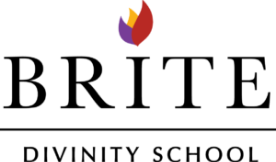The Divinity School expects that every decision made in the management of affairs that pertain to student life and the administration of policies affecting it will consider the individual interests of students affected by them. Staff, faculty members, and students at all levels are expected at all times to treat one another as they themselves, under the same circumstances, would rightfully expect to be treated.
All members of the student community are free to seek information from the staff members responsible for any aspect of community life on any matter that is troubling them, or call attention to any condition that may appear to be operating to their disadvantage or the disadvantage of the Divinity School. Such informal discussions when a problem first develops can enable many problems to be cleared up without delay.
Some misunderstandings are inevitable, and not every real or imagined cause of personal dissatisfaction can be removed by such discussions. In these circumstances, the following steps are suggested for resolving these problems or concerns:
Initiate a discussion with the appropriate or primary staff or faculty member to see if a resolution can be found to the problem or concern (for example, if the problem is related to a housing concern, the student should first speak with the Director of Student Housing for Brite Divinity School);
If the above step is not appropriate or fails to arrive at a satisfactory solution, the student (and, as appropriate, primary staff or faculty member) should place their concerns in writing and deliver the document to the office that constitutes the immediate supervisor. This, then, serves as a “written complaint.” For assistance in discerning who the immediate supervisor is, it might be helpful to be in conversation with the Director of Community and Spiritual Life or the Associate Dean for Academic Affairs.
In cases where a student concern relates to a faculty member, it is appropriate for students to initiate this process with the Dean.
In cases where the concern relates to the Dean, the initial conversation begins with the President.
In cases where the concern relates to the President, the initial conversation begins the Dean, and may be referred to the Chair of the Board.
The student and the immediate supervisor of the staff or faculty member about whom the concern is raised should then meet to see what options are available to address the concern;
If appropriate, the student and supervisor of the person should discuss the concerns with the staff or faculty member about whom the concern was raised to determine a satisfactory solution;
If the process fails after the above steps have been taken, students may request further review.
In the case of student concerns with staff, faculty, or Dean, students may appeal to the President. Within a reasonable period of time, a final decision will be made by the President, the President’s designee.
In the case of student concerns with the President, appeals may be made to the Chair of the Board.
All final decisions will be reported to all parties concerned.
Concerns related to possible violations of the Divinity School’s Equal Employment Opportunity and Harassment Policy or Title IX should be addressed by students through the Complaint Procedure set forth in that policy.
A student’s standing at the Divinity School will not be adversely affected in any way by his or her appropriate use of the Open-Door Policy.
For the policies and procedures to follow regarding a concern about the conduct of another student, please see the section on Codes of Conduct

